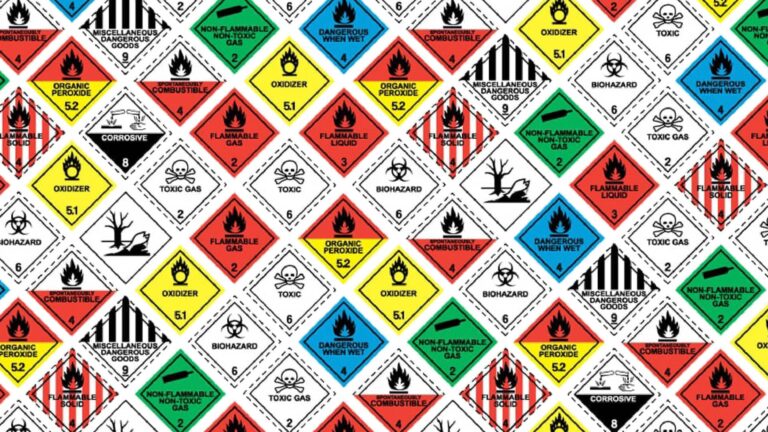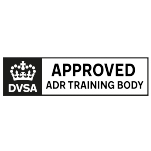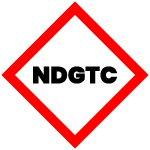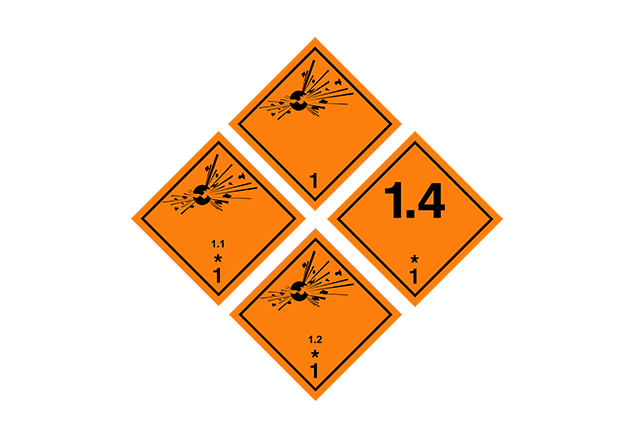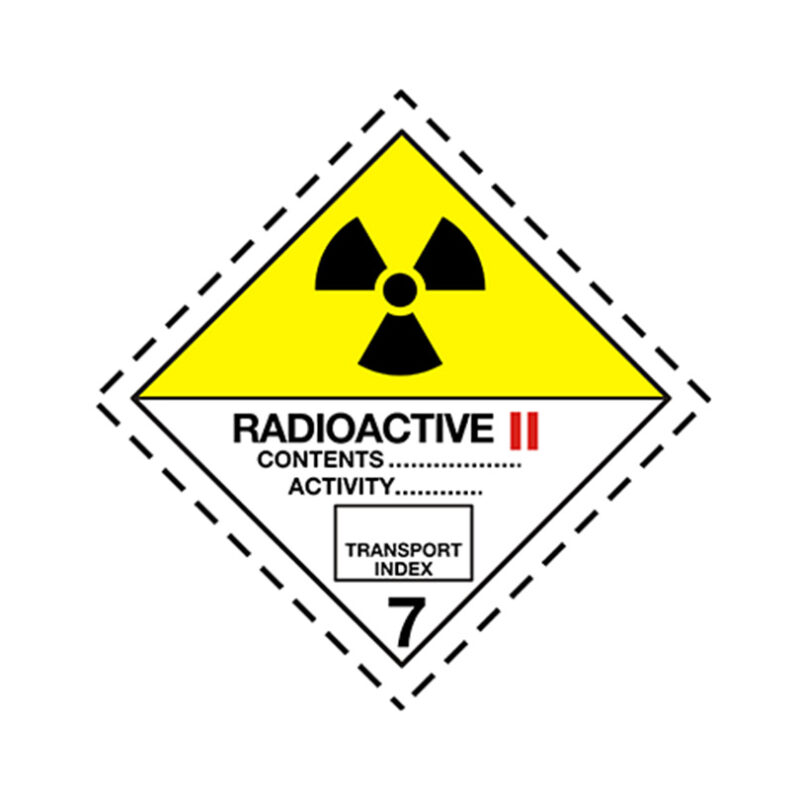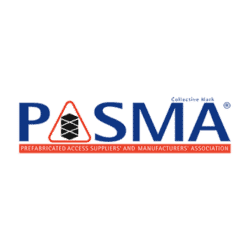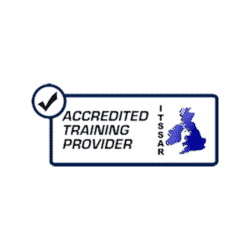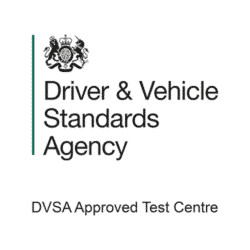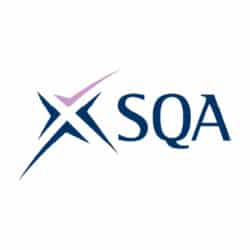Showing all 7 results
-
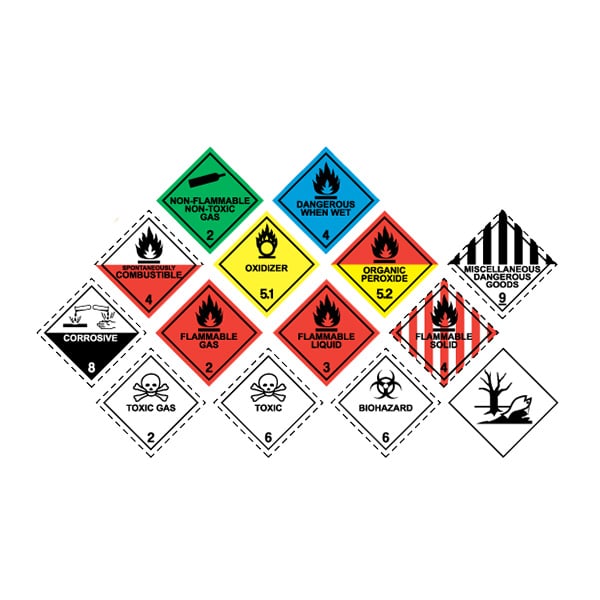 From: £1,782.00
From: £1,782.00
Our ADR all classes is completed over 7 days. This course is suitable for individuals with no experience with handling or transporting dangerous goods by road. This course will cover each hazardous goods, including specialist classes 1 (explosives) and 7 (radioactive), as well as cover dangerous goods in packages and tanks.
You can also use this course to count towards 28 hours of your Periodic Driver Certificate of Professional Competence (CPC).
-

The ADR awareness course is designed to meet the needs of those who don’t work with raw hazardous goods, but must understand the key principles of dealing with products which could become hazardous when exposed to another element.
- Upon completing this course, you should be able to:
- Understand the importance of ADR Awareness
- Know basic emergency procedures
- Understand the importance of keeping within load thresholds
- How to store and segregate certain products which may contain a hazardous compound
- Know why it is important to properly pack and label dangerous goods
-
 From: £641.00
From: £641.00
A five-day course, you can choose what group of ADR classes (excluding specialist classes 1 & 7) you need to train on, while also choosing a variation or core, packages, or tanks. Complete this course as either a initial to gain your certification, or as a refresher to renew your current certification.
Class Groups
Group A will include the following ADR classes:
- Class 2 (Gases)
- Class 3 (Flammable Liquids)
- Class 6 (Toxics)
- Class 8 (Corrosives)
Group B will include the following ADR classes:
- Class 4 (Flammable Solids)
- Class 5 (Oxidising Agents)
- Class 9 (Miscellaneous)
[ADR Core is included]
-
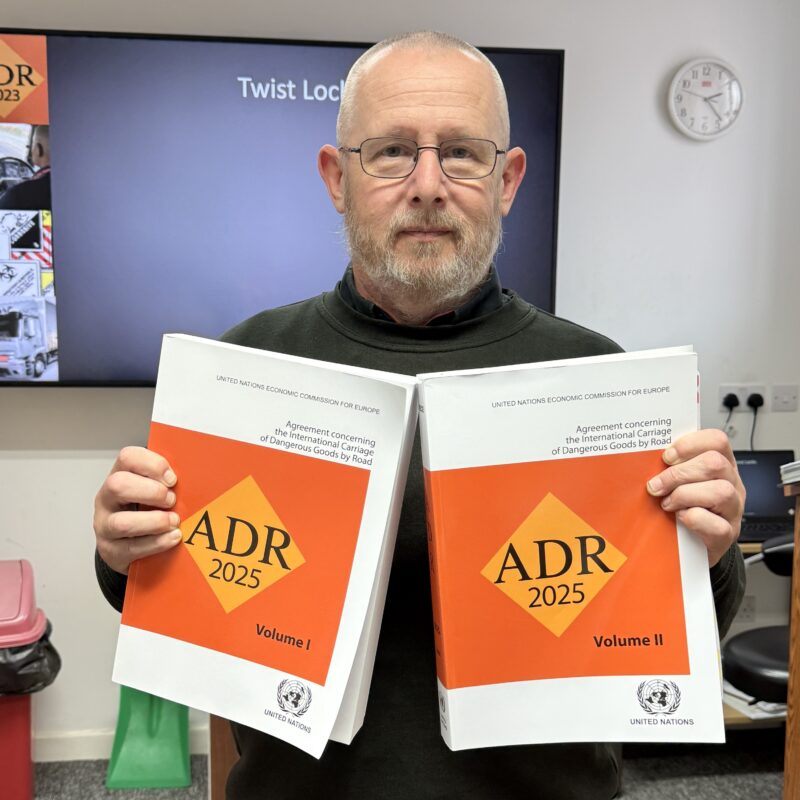
Completing a Dangerous Goods Safety Advisor (DGSA) course is ideal for those who are looking to be the primary individual in their business to aid in risk assessing, incident reporting, compliance, training and advice.
The DGSA has 3 main duties:
- Monitoring compliance with rules governing transport of dangerous goods
- Advising their business on the transport of dangerous goods
- Preparing an annual report to management on the business’ activities in the transport of dangerous goods
The DGSA is also responsible for:
- Monitoring procedures and safety measures
- Investigating and compiling reports on any accidents or emergencies
- Advising on the potential security aspects of transport
